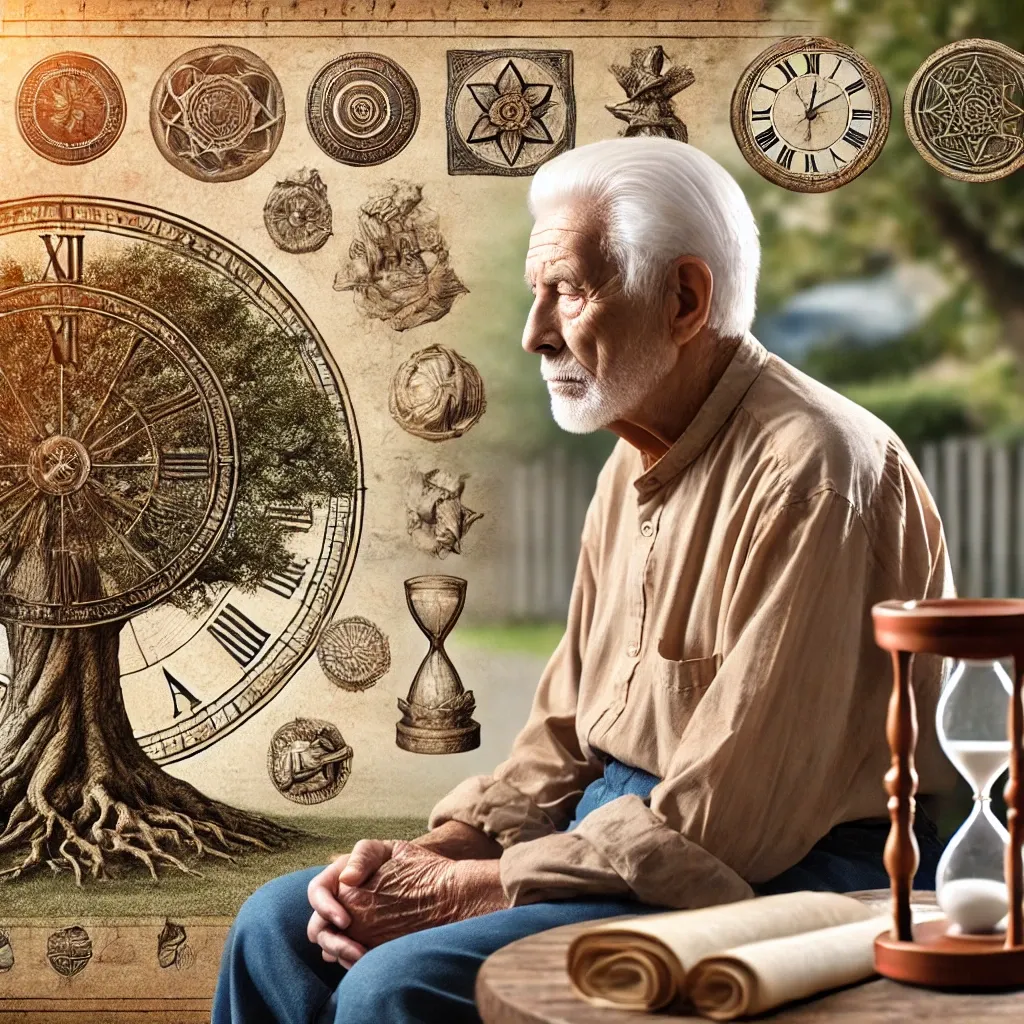What is the meaning of the phrase ‘’Ripe old age’?
A very old age. (Or a long lifespan, or to have lived a long life.)
What is the origin of the phrase ‘’Ripe old age’?
The phrase ‘Ripe old age’ is itself rather old, dating back many centuries.
Here, the adjective ‘Ripe’ usually used to refer to fruit ready for harvest, is used to describe someone who has reached full maturity and is fully developed, both physically and mentally.
The precise date of origin of the term goes at least as far back as the 1300s, since we know that the meaning of the phrase expanded at around this time.
While originally, the phrase merely referred to someone reaching a very old age, by the mid to late 1300s, it was also used to describe the length of someone’s life, to say that they had a good lifespan.
Eventually, the phrase also began to be used to describe not only a person’s (or animal’s) longevity, but also their quality of life, implying long-lasting health and well-being. Occasionally, years of wisdom are also implied by the phrase.
In discussing the history of the phrase, it’s important to note that the impression of a ripe old age would have been far younger many centuries ago than it is today. Today if someone reaches their 80s or 90s, they can be considered to have reached a ripe old age.
If you were to describe someone as having reached a ‘Ripe old age’, some may take it as a compliment, and some may take it as an insult, so be sure to ‘Read the room’ and be mindful of cultural sensitivity surrounding old age before using the phrase.
What are some notable uses of the phrase ‘’Ripe old age’?
In classic literature, you may come across the phrase in Charles Dickens’ book ‘Great Expectations’ published in 1861, where the character Miss Havisham is described as having lived to a ripe old age despite her tragic circumstances.

